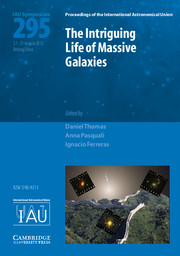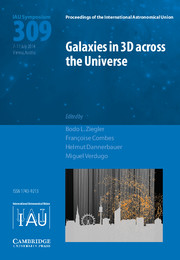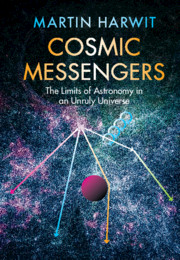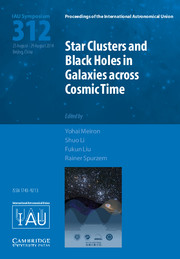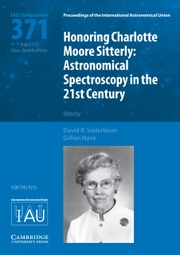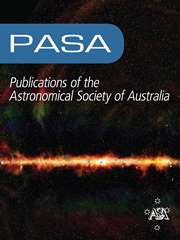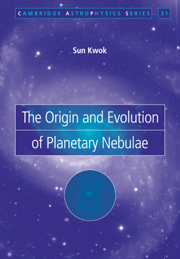Organic Matter in Space (IAU S251)
Our knowledge of the origin, evolution, nature, and distribution of organic matter in space has undergone a revolution in recent years. Insights into various aspects of this material can be found using a variety of different technical approaches. These range from telescopic measurements by observational astronomers over a wide range of wavelengths, to laboratory experiments and simulations by chemists, physicists, and spectroscopists, and analyses of actual extraterrestrial materials. IAU Symposium 251 brought together expertise of scientists from different disciplines, including observational astronomers, laboratory spectroscopists, and solar system scientists, to provide a synthesis of our current understanding of these organics and to identify areas in which additional work and new ideas are required to further our understanding.
- Contains contributions from a multidisciplinary mix of active researchers, providing a broad range of information
- Includes new astronomical observations, the results of current relevant theoretical and laboratory work, and the latest results from recent spacecraft missions like Stardust and Cassini
- Cover the nature of organics throughout the universe, from the planets, satellites, and small bodies found in our own Solar System, to other galaxies
Product details
January 2009Hardback
9780521889827
524 pages
254 × 183 × 27 mm
1.18kg
92 b/w illus. 31 tables
Out of stock in print form with no current plan to reprint
Table of Contents
- Preface
- From the local organising committee
- Organising committee
- Conference participants
- Opening address of Symposium 251 C. Cesarsky
- Session I. Observations of organic compounds beyond the Solar System William Irvine, Ewine van Dishoeck, Yvonne Pendleton and Hans Olofsson
- Session II. Organic compounds within the Solar System Scott Sandford, Ernst Zinner and Dale Cruikshank
- Session III. Laboratory analogues of organic compounds in space Max Bernstein and Thomas Henning
- Banquet speech
- Author index
- Object index.


